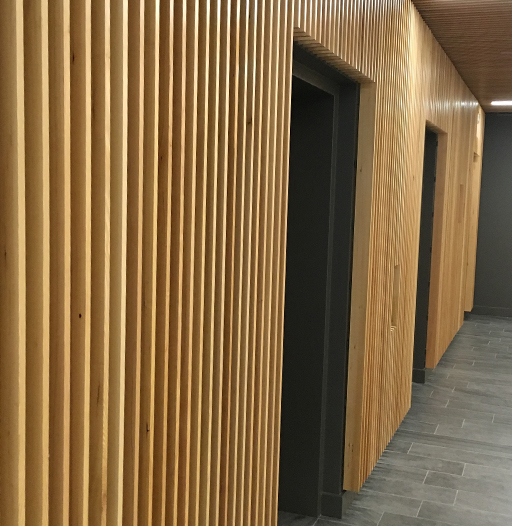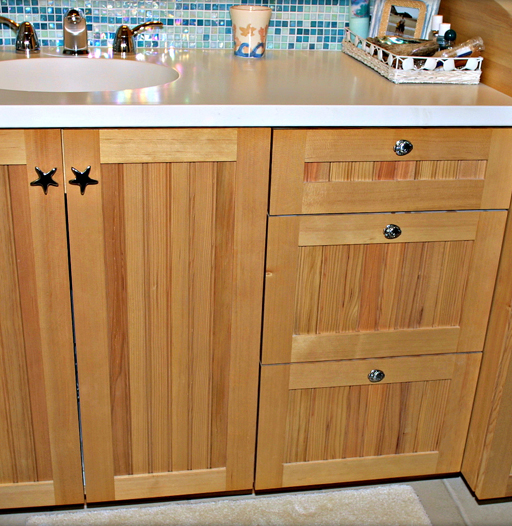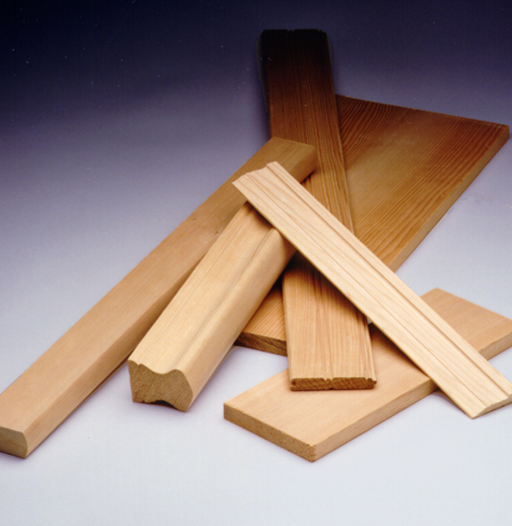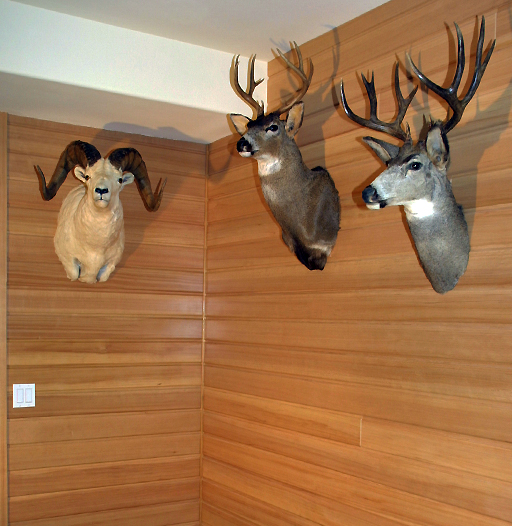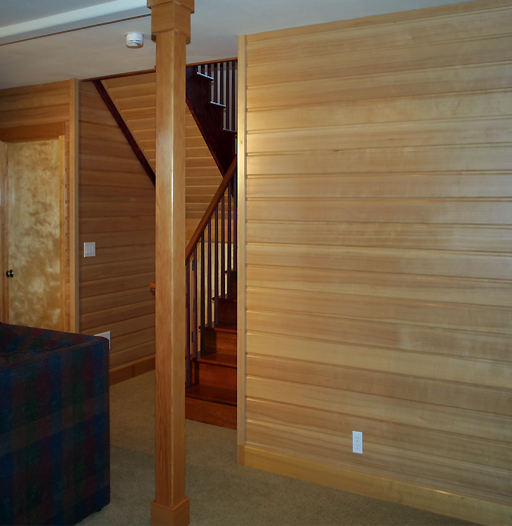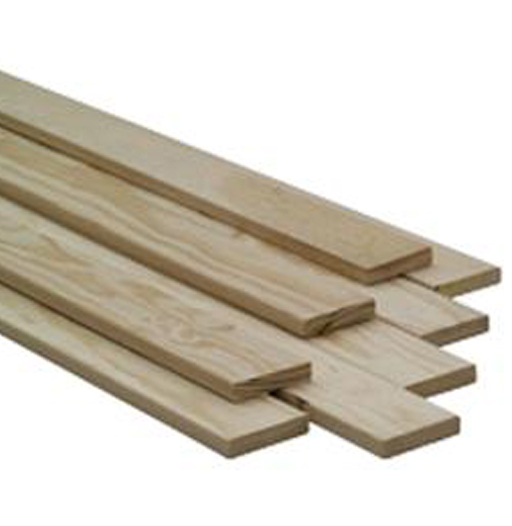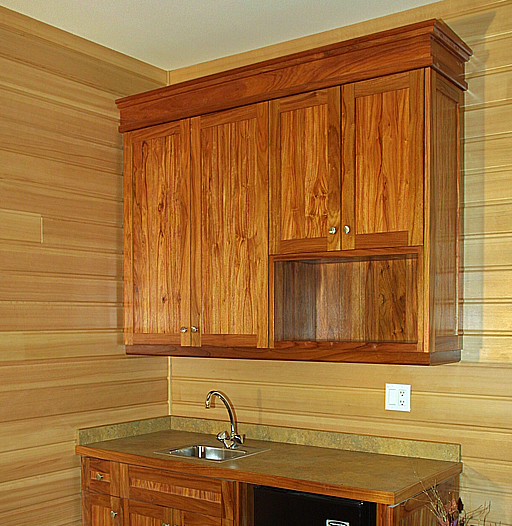Western Hemlock
Western Hemlock grows along the Pacific Coast from Oregon into the Alaskan Panhandle. Western Hemlock is a popular substitute lumber for Douglas fir and Western Red Cedar in interior applications because of its affordability and flexibility. Western Hemlock lumber machines well and has a very neutral, light color that fits today’s lighter interior design schemes or can be stained to match woods as diverse as walnut and maple. It is also the most abundant commercially available fine grain softwood.
Western Hemlock Properties
General
Western Hemlock is the largest of the hemlocks, and is one of the most valuable sources of exportable lumber for Canada; Western Hemlock species is also the state tree of Washington.
When compared to Eastern Hemlock (Tsuga canadensis), Western Hemlock generally has narrower growth rings, though both species can have tightly spaced growth rings.
Properties
- Sustainability: Western Hemlock species is not listed in the CITES Appendices, and is reported by the IUCN as being a species of least concern.
- Workability: Overall Western Hemlock working properties are good, but because of the disparity between the soft earlywood and the hard latewood, sanding can create dips and uneven surfaces. Glues, stains, and finishes well.
- Color/appearance: Heartwood is light reddish brown. Sapwood may be slightly lighter in color but usually isn’t distinguished from the heartwood. Occasionally contains dark streaks caused by bark maggots. The conspicuous growth rings can exhibit interesting grain patterns on flatsawnsurfaces.
Specifics
- Common Name(s):
Western Hemlock - Scientific Name:
Tsuga heterophylla - Distribution: Western Hemlock can be found on the Northwest coast of North America
- Tree Size: 165-200 ft (50-60 m) tall, 3-5 ft (1-1.5 m) trunk diameter
- Average Dried Weight: 29 lbs/ft3 (465 kg/m3)
- Specific Gravity (Basic, 12% MC): .37, .47
- Janka Hardness: 540 lbf (2,400 N)
- Modulus of Rupture: 11,300 lbf/in2 (77.9 MPa)
- Elastic Modulus: 1,630,000 lbf/in2 (11.24 GPa)
- Crushing Strength: 7,200 lbf/in2 (37.3 MPa)
- Shrinkage: Radial: 4.2%, Tangential: 7.8%, Volumetric: 12.4%, T/R Ratio: 1.9
Get In Touch
We’d Love to Hear From You
Address
P.O. Box 279
31950 NW Commercial St.
North Plains, OR 97133
Call Us
(800) 972-2746
(503) 647-5011

